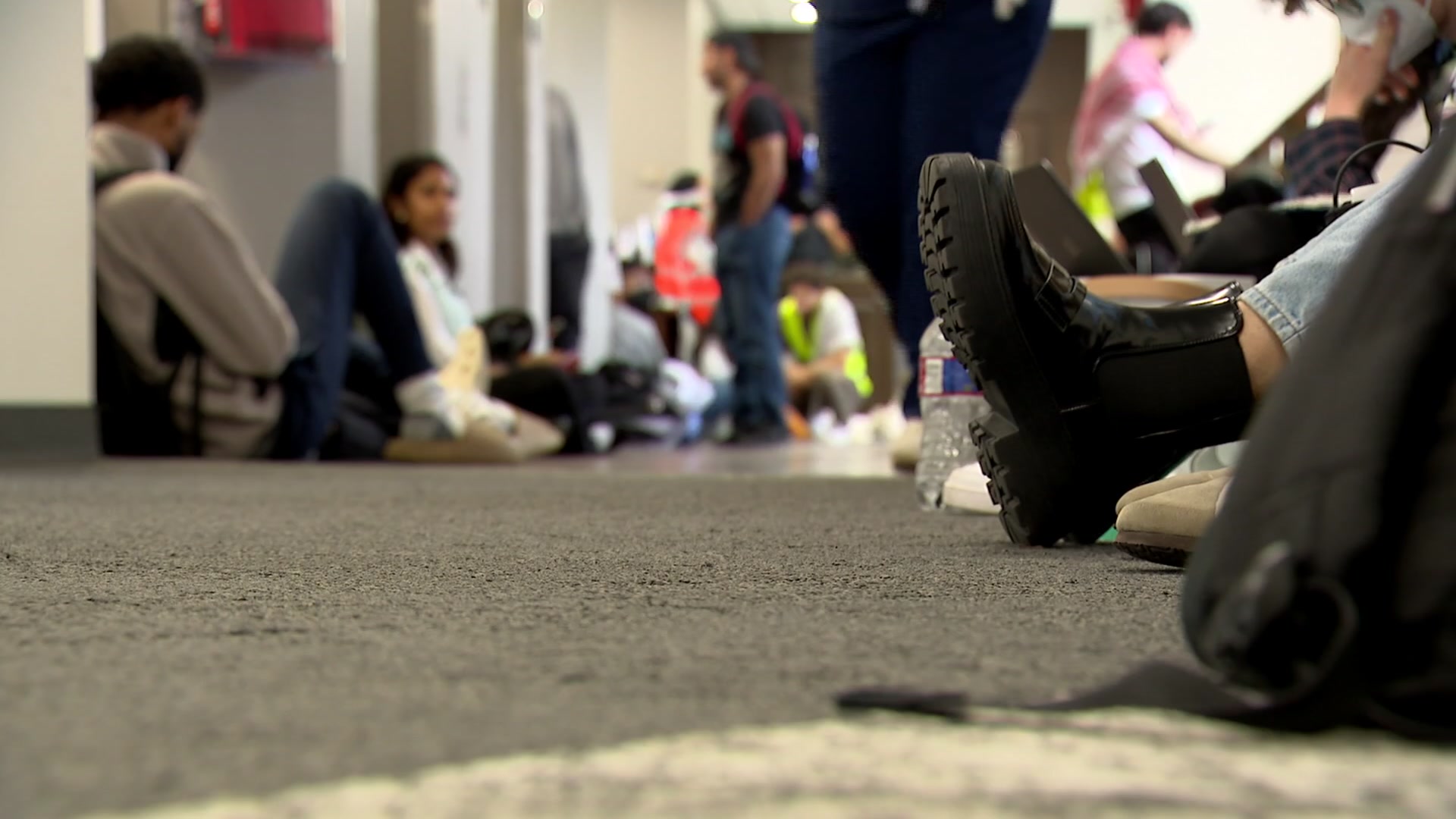The city of Dallas began work Tuesday to clear out the latest version of "Tent City" that developed near downtown.
A large homeless encampment had grown beneath Interstate 30 between 2nd and 3rd avenues, below the eastbound I-30 exit for Fair Park.
More than 70 people were removed as hazardous materials crews cleared away months of debris from the area. Of those relocated, fewer than 10 people decided to move to a shelter, rehab or a mental health care facility.
“It is a hotbed of disease in there,” said Dave Hogan, manager of the Dallas Police Department’s Crisis Intervention Unit, about the living conditions in the encampment, which he said includes the infestation of vermin, including rodents and fleas.
The more serious safety concern, according to Hogan, however is the fire danger.
Dallas Fire-Rescue is called to the encampment several times a week, on average, according to Hogan.
Local
The latest news from around North Texas.
In addition to setting fires for heat, someone in the camp has taken to setting fire to debris and, occasionally, purposefully setting fire to tents with occupants in them.
Beyond the danger to people is the danger those fires can pose to the structural integrity of the concrete support pillars for the Interstate, Hogan said.
“One of the big problems about that is when you structurally weaken the bridge, just like it happened in Atlanta a few months ago, the whole roadway can come down,” Hogan said. “Now we don't think that would happen here but we're gonna make sure it doesn't."
An estimated 3,800 people experience homelessness at even given time in the city, according to Metro Dallas Homeless Alliance's annual count.
NBC 5's Larry Collins contributed to this report.



